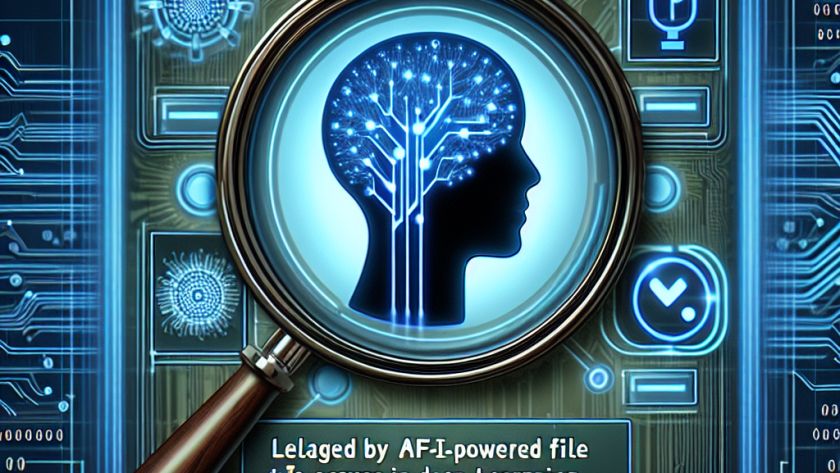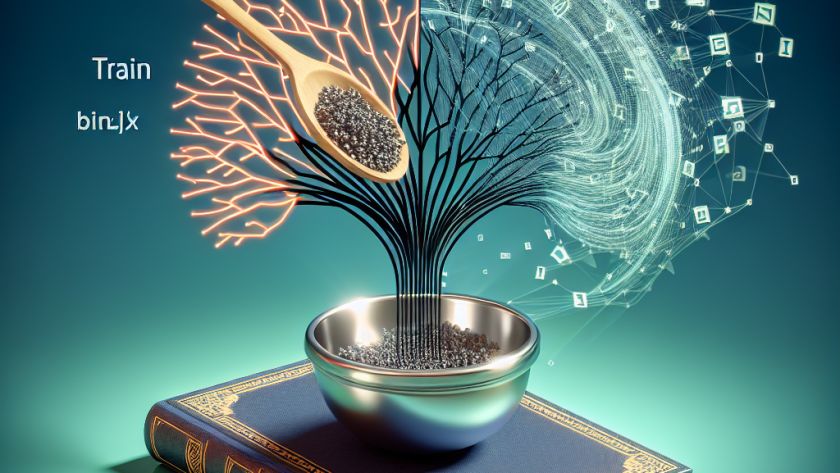In today's digital age, accurately identifying file types is critical for security and safety. But with the growing complexity and variety of file formats, this task becomes increasingly challenging. The current solutions often lack precision and recall, leading to inaccuracies in file type detection.
Addressing this challenge is Magika, a new tool powered by Artificial Intelligence…











